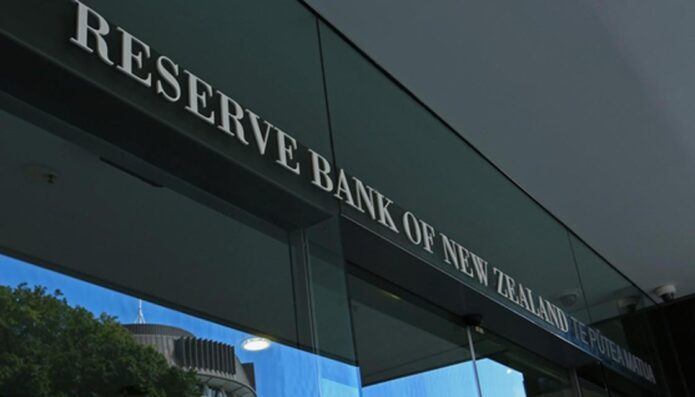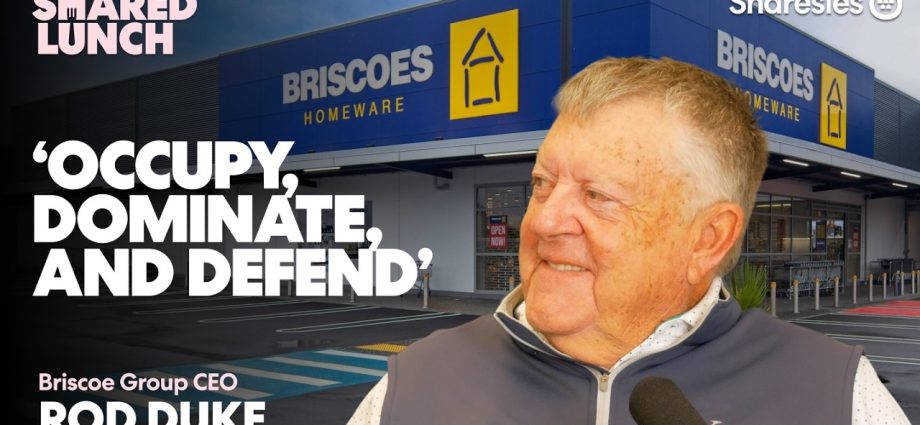PHOTO: SHARSIES
While some retailers tighten their belts, Rod Duke is doubling down—on property.
The Briscoe Group CEO has opened up about his bold $100 million investment in a massive new distribution centre, even as consumer spending slows and international retail giants eye the New Zealand market.
In the latest episode of BusinessDesk’s Continuous Disclosure, Garth Bray digs deep into Duke’s recession-resilient strategy, revealing how smart property moves—and timely deals with Chinese suppliers—are keeping the retail titan ahead of the curve.
Property Over Panic: A $100M Bet on Distribution
Briscoe Group’s newest venture isn’t another big-box store. Instead, it’s a state-of-the-art, $100 million distribution centre—a strategic asset designed to future-proof the business and streamline nationwide supply.
Duke explains the logic: “It’s about long-term positioning. You don’t build a distribution centre like this for next quarter. You do it for the next 20 years.”
With warehouse-scale real estate increasingly seen as key infrastructure, this move signals a vote of confidence not just in logistics—but in New Zealand’s commercial property sector. The group is backing industrial land as a key lever in staying competitive, even while sales across the board remain flat.
Metro Moves: Why 15 Small Stores Are on the Way
Despite the size of the new warehouse, Briscoe Group is scaling down on the retail front—literally. Duke confirms plans to roll out 15 ‘metro’ stores, smaller-format locations focused on inner-city convenience and fast-turnover products.
It’s a property strategy that’s worked overseas—especially in dense urban areas where real estate is at a premium and foot traffic is gold. For Duke, it’s about “being where the people are” and adapting to modern shopping habits.
China, Tariffs & Opportunity: Buying Smarter in a Tense Market
In a surprising twist, Duke says ongoing tariff tensions between China and the West have actually played to Briscoe’s advantage. “It’s created new negotiating leverage,” he explains, with some Chinese suppliers more open to deals as they try to stay competitive globally.
This underscores how international trade dynamics are impacting commercial decision-making at a local level—including long-term supplier agreements and the timing of stock orders that flow through their new logistics centre.
The IKEA Question: Is Briscoe Worried?
With retail disrupters like IKEA, Temu, and Shein making inroads into the Kiwi market, Bray doesn’t shy away from the question: Is Briscoe worried?
Duke’s response? Calm and confident. “Let them come. Our in-store sales are still dominant.” While acknowledging the challenges of budget e-commerce competitors, he remains bullish about the value of bricks and mortar—especially when paired with well-located property and efficient logistics.
Property Takeaways: Why It Matters to Investors
-
Industrial and logistics real estate is where Briscoe is betting big—suggesting long-term faith in the sector.
-
Urban infill retail properties are back in favour, with metro-format stores expanding across the group.
-
Location, adaptability, and strategic timing remain core to Duke’s property playbook, even in a softening retail market.









